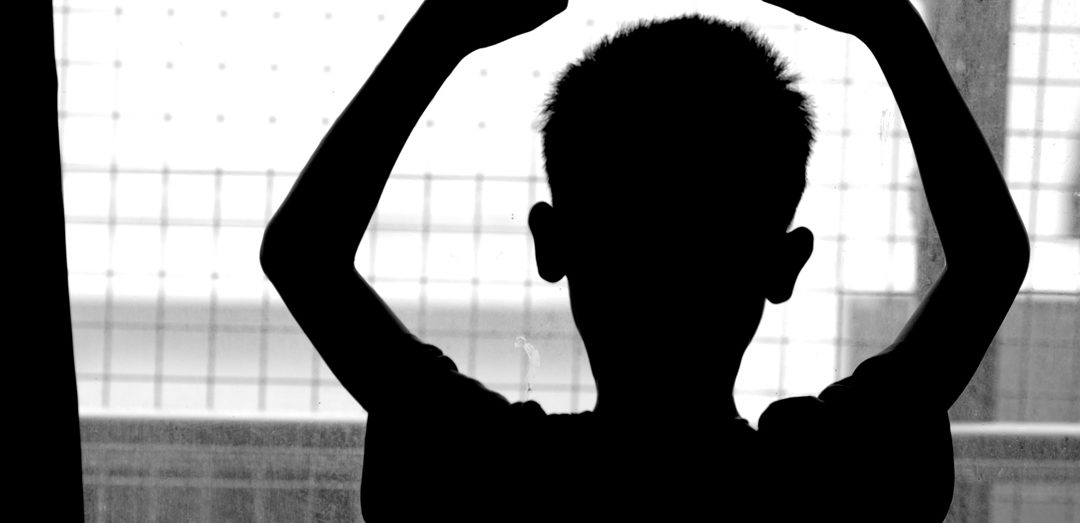The Philippine House of Representatives caused national and global outrage when in early January 2019 it considered lowering the age of criminal responsibility to 9 years old. The House resolved to “compromise” and changed it to 12 in a revised bill, which it swiftly passed on 28th January 2019.
If the Philippine Senate discusses and approves a similar bill, the law could become effective in June 2019.
Here are 5 reasons why a minimum age of criminal responsibility of 12 years old is hardly an improvement from the proposed age of 9, and needs to be reconsidered at the Senate:
1. It does not account for children’s evolving capacities
Because they differ in their physical and psychological development, children in conflict with the law deserve to be treated differently compared to adults in the criminal justice system. Setting the minimum age of criminal responsibility at too low an age is not compatible with the evolving capacities of children.
Congress should enact measures that recognize both children’s abilities and vulnerabilities.
2. It is damaging for a child’s development
Criminal punishments can harm children, damaging their future prospects at school or at work. What’s more, the current conditions in the Philippine penal and corrective system are already bleak: child corrective facilities and jails are some of the most overcrowded in the world and some children are placed in jails with adults; neither are the best environment within which to support children’s development and social integration.
This op-ed was originally published on Rappler. To read the full article, visit rappler.com
Manu Gaspar, from the Philippines, is a member of Amnesty International’s Youth Collective.


